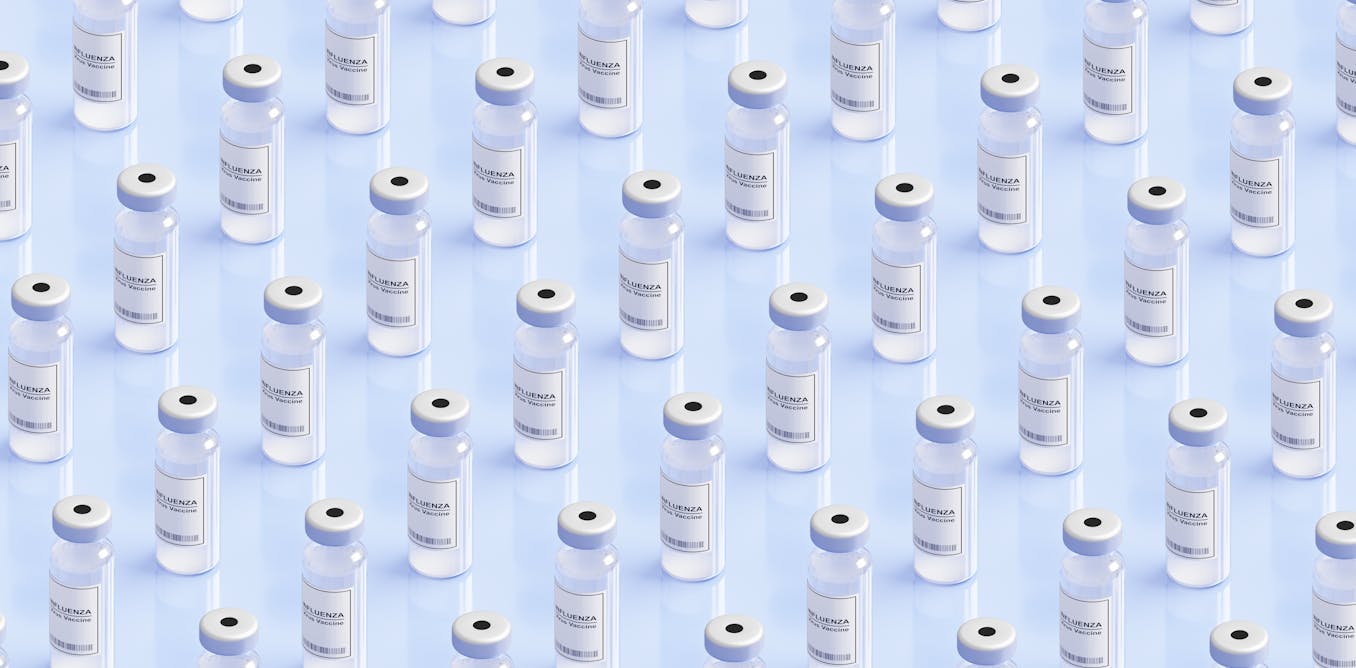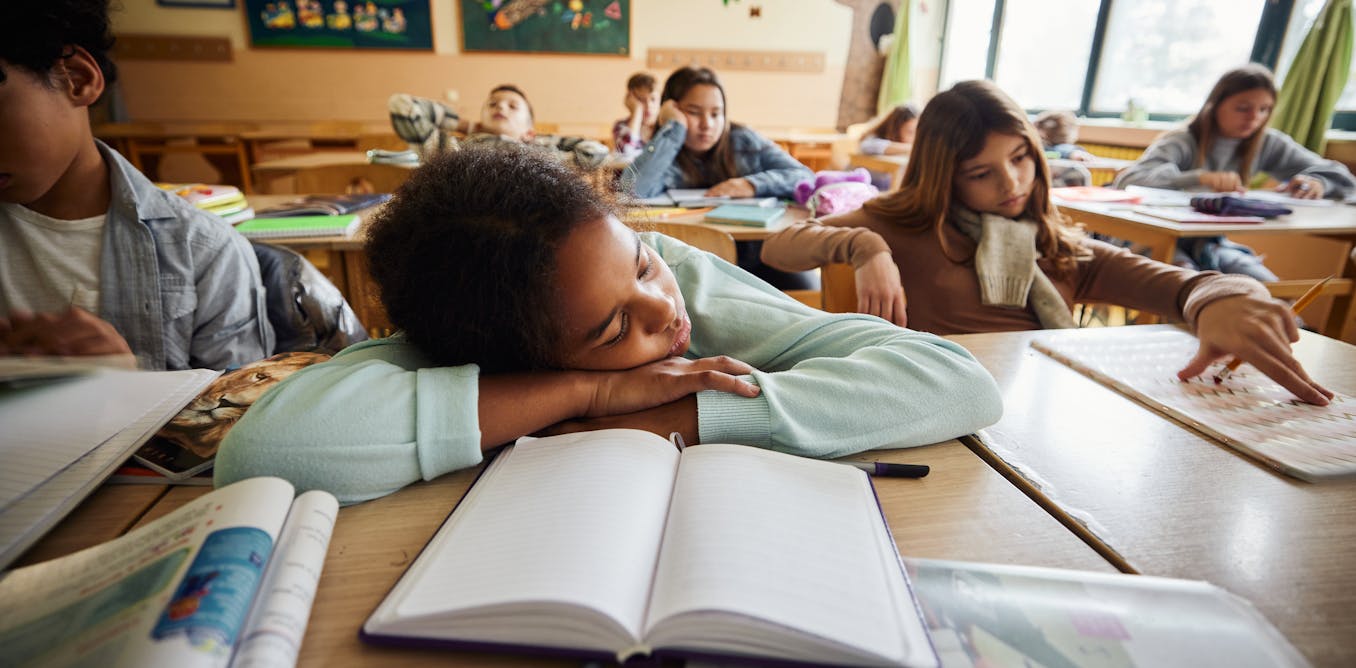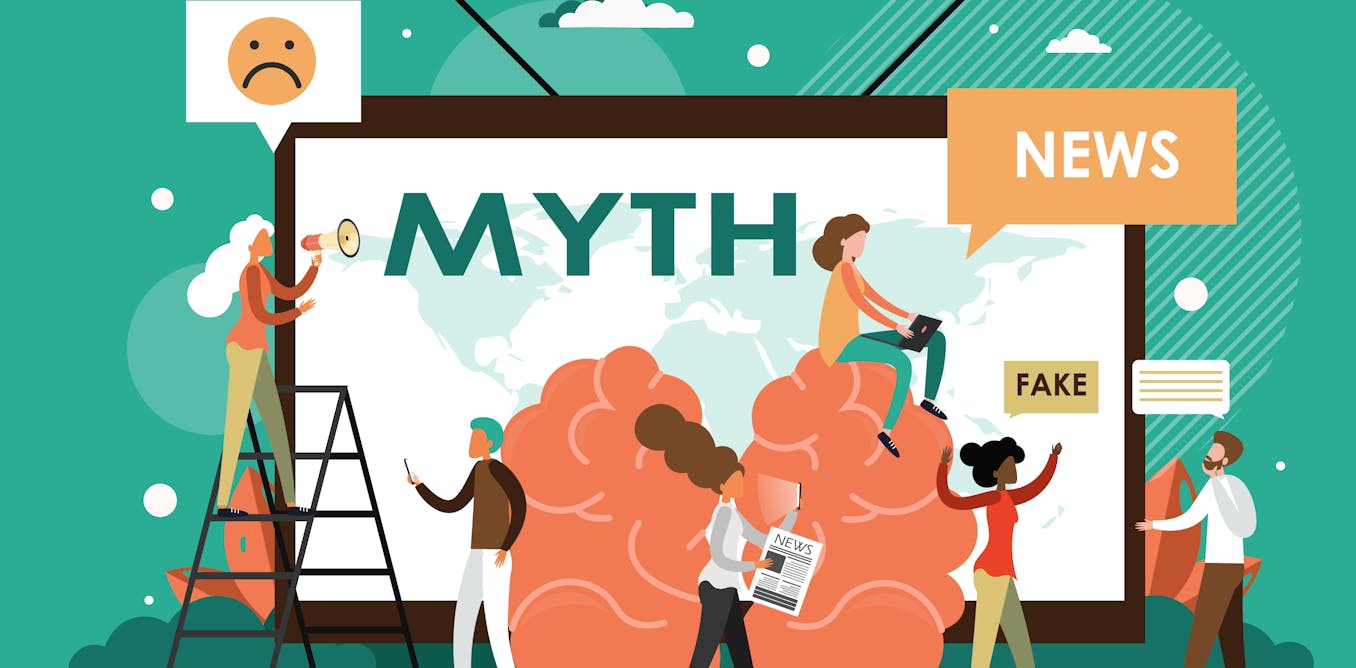A preservative removed from childhood vaccines 20 years ago is still causing controversy today − a drug safety expert explains
There’s no solid evidence that thimerosal harms children. It was removed from almost all vaccines more than 20 years ago out of an abundance of caution, but RFK Jr.’s hand-picked vaccine advisory committee is looking into it.
June 25, 2025 • ~8 min








